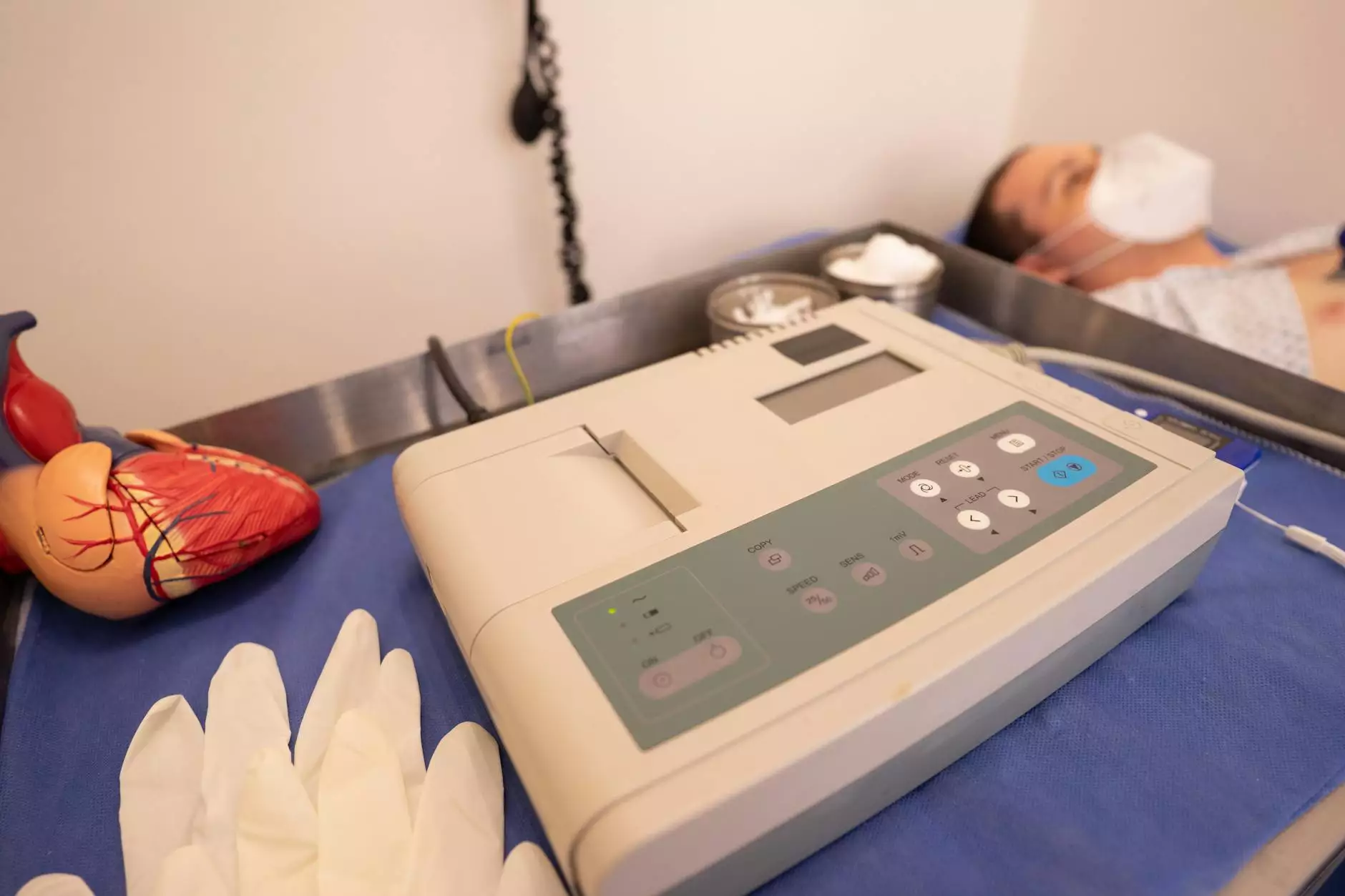How to Prevent Blood Clots

Introduction:
Welcome to Bay Regional Medical Center's comprehensive guide on preventing blood clots. In this article, we will provide you with valuable information and strategies to protect your health and minimize the risk of blood clots. Whether you are concerned about deep vein thrombosis (DVT), pulmonary embolism, or other clotting disorders, we've got you covered.
Understanding Blood Clots:
Before we dive into prevention techniques, let's gain a better understanding of what blood clots are and why they can be harmful. A blood clot is a gel-like mass formed by the coagulation of blood, which helps prevent excessive bleeding when you're injured. However, clots can sometimes form when not needed, leading to potentially life-threatening situations.
Risk Factors:
It's crucial to be aware of the risk factors associated with blood clots. While some factors can be genetic or related to underlying medical conditions, others can be controlled by lifestyle changes. Common risk factors include:
- Family history of blood clots
- Prolonged immobility or sedentary lifestyle
- Smoking and tobacco use
- Obesity
- Pregnancy and childbirth
- Certain medications, such as hormone replacement therapy or birth control pills
- Medical conditions like cancer, heart disease, or varicose veins
Prevention Strategies:
1. Stay Active:
Maintaining an active lifestyle is one of the most effective ways to prevent blood clots. Engage in regular physical activity, such as walking, jogging, or swimming, to improve blood circulation and prevent blood from pooling in your veins.
2. Maintain a Healthy Weight:
Obesity puts additional stress on your circulatory system, increasing the risk of blood clots. Maintain a healthy weight through a balanced diet and regular exercise to reduce this risk.
3. Quit Smoking:
Smoking damages your blood vessels and reduces blood flow, making you more susceptible to blood clots. Quitting smoking not only decreases your clotting risk but also offers numerous other health benefits.
4. Stay Hydrated:
Proper hydration is essential for maintaining optimal blood viscosity. Drink an adequate amount of water throughout the day to keep your blood flowing smoothly and reduce the chance of clot formation.
5. Wear Compression Stockings:
For individuals at higher risk of blood clots, such as frequent travelers or pregnant women, wearing compression stockings can be beneficial. These specialized stockings provide gentle pressure that helps prevent blood from pooling and clotting.
6. Avoid Prolonged Immobility:
Whether you're on a long flight or sitting at your desk for extended periods, avoid prolonged immobility. Take regular breaks to stretch your legs, flex your calf muscles, and promote healthy blood circulation.
7. Be Cautious with Medications:
Some medications can increase your susceptibility to blood clots. If you're prescribed hormonal medications, consult your doctor about the associated risks and discuss alternative options if necessary.
When to Seek Medical Help:
Despite taking preventive measures, blood clots can still occur. It's crucial to know the symptoms and seek immediate medical attention if you experience:
- Sudden or intense chest pain
- Difficulty breathing or shortness of breath
- Swelling, pain, warmth, or redness in your limbs
- Coughing up blood
- Persistent headaches or dizziness
Remember, early detection and timely medical intervention are key to minimizing the potential complications associated with blood clots.
Conclusion:
By following the prevention strategies outlined in this article and being aware of the risk factors, you can significantly reduce the chances of developing blood clots. However, if you have specific concerns or medical conditions, it's important to consult with your healthcare provider for personalized advice.
At Bay Regional Medical Center, we prioritize your well-being and aim to provide you with the information you need to make informed decisions about your health. Stay proactive and take charge of your cardiovascular health to lead a fulfilling, clot-free life.










